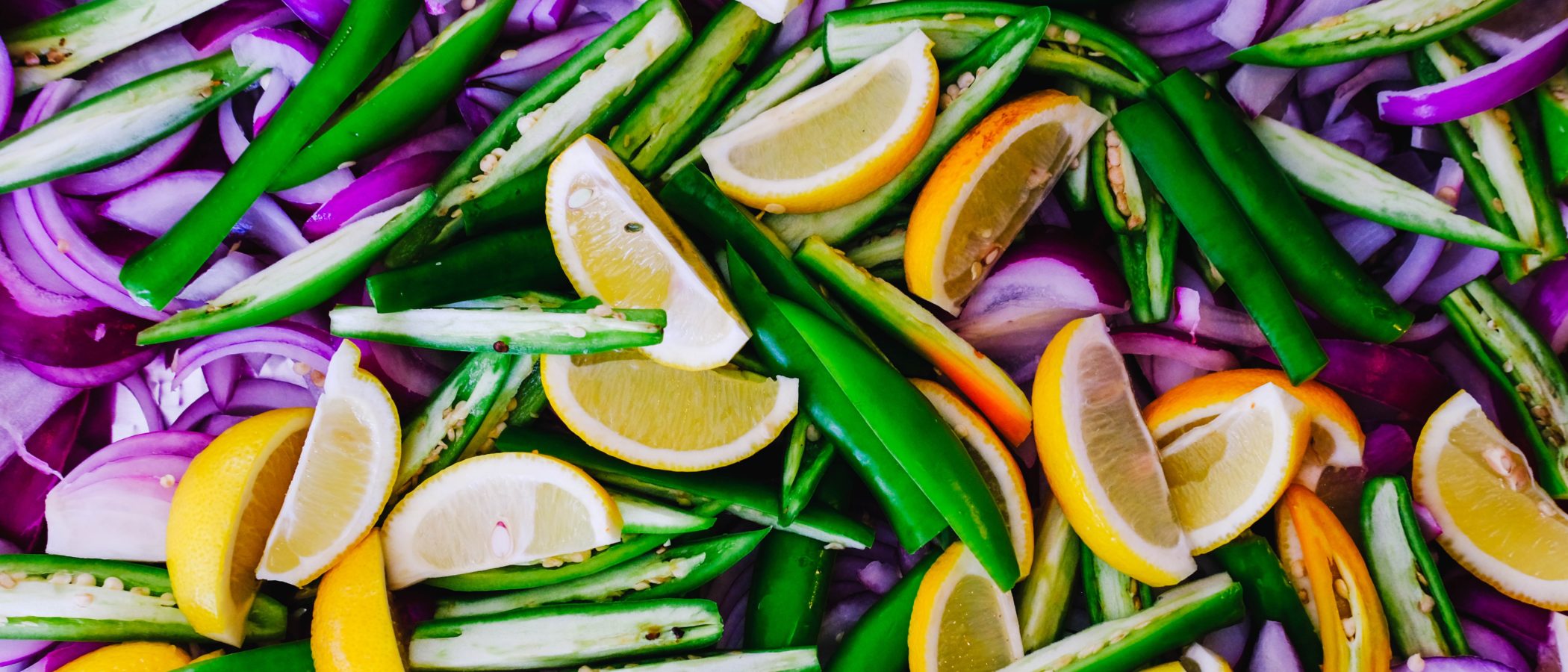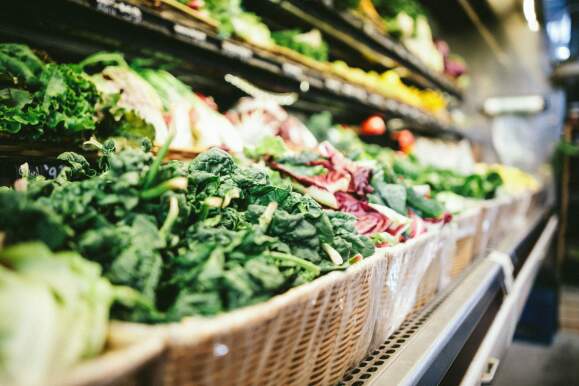
FAQ
Submit a question about nutrition for the Registered Dietitian here!
Eating regularly throughout the day can prevent you from feeling overly hungry and helps to avoid drastic fluctuations in blood sugar, which is important for maintaining concentration during class and study sessions. While some people prefer to eat frequently (5 or 6 small meals throughout the day), others prefer a more traditional meal breakdown of three larger meals and snacks in between.
We find that taking the focus off of weight and placing it on self-care is the best way to promote a healthy first year at Carolina. Eating regular meals and snacks filled with a wide variety of fruits and vegetables, finding fun ways to stay active, enjoying study breaks in the sunshine to soak up some vitamin D, and staying engaged with your peers and family will all help to nourish your mind and body at your new home away from home.
Make sure you get plenty of sleep (about 8 hours every night). Some research suggests adequate sleep boosts exam performance and possibly memory. While it may seem counter-intuitive, avoid drinking too much coffee, as this can cause restlessness and contribute to exhaustion. Carbohydrates combined with a protein can prolong energy. If you’re looking for a late-night snack to fuel those study sessions, try some trail mix, yogurt with fruit, veggies with hummus, or crackers with peanut butter.
There is nothing wrong with grabbing one of Pastry Chef Carolina’s house-made desserts after dinner. If you’re in the mood for a lighter option, grab something with natural sugars, like fruit. This will help satisfy your sweet tooth while also helping to meet your nutrient needs. Our dietitian’s personal favorite is apples with peanut butter. Other ideas include coconut milk pudding, dark chocolate (aim for 72% cacao), or frozen Greek yogurt.
Living on campus, it may sound difficult to eat sustainably when you’re not completely in charge of where your food is coming from. We are committed to Real Food and try to make it easy for customers to navigate our menus for sustainable items. Online and at the point of service, look for the green “Susty” icon which identifies foods that are sustainably sourced. Because animal products largely contribute to greenhouse gas emissions, consider eating more plant forward. This doesn’t mean to become a vegetarian but consider making vegetables the “star” of your plate. If you’re not ready to commit, participate in Meat-Less Monday by going vegetarian for one meal every Monday. Making the switch to compostable or reusable whenever possible also goes a long way.
Have a question of your own?
Submit below! Your question might be featured in our monthly newsletter, Well Fed.
Hungry for more?
Check out last month’s Ask The RD,
featured in our newsletter!
Sign up below!
